A true story about a father and son whose temperance couldn’t save them from the ultimate betrayal
By MATTHEW DE ABAITUA. Originally published in The Idler, issue 25 ‘Man’s Ruin’, 1999.
I want to tell you a story that happened across the end of the last century. It’s about a man called Eddie Bateman, who was born and grew up in Bootle, in Liverpool, and who waded knee deep through bad luck all his life.
By modern standards, Eddie lived his life on fast forward. He was born in 1876, and by the time he was fifteen, he was already working as a stoker at a local cement works. He was married at twenty, and his first child was born a hundred years ago last July. By the age of twenty three, he had changed careers and was travelling the world as a marine fireman, heroically fighting blazes in rough seas: Eddie went face to face with the flammable gases of decomposing fruit on the banana boats, Eddie crouched into the cloying flame of a diesel fire below decks, gingerly picking his way through scorching iron corridors. It was thirsty work, by all accounts. But Eddie never touched a drop of drink because Eddie had signed the pledge. Eddie Bateman was temperate.
The idea of temperance has all but died away now, but as a movement it was all pervasive, the self-help or gym culture of its day. Heavy drinking was rife amongst the working classes in the 1840s: one Lord Ashley estimated that the class spent something like twenty-five million pounds on booze a year, and Engels agreed with him. Engels writes of the travelling Irish apostle of temperance, one Father Mathew, who passed through the English cities, signing up between thirty and sixty thousand of these drinkers at a time to the temperance pledge.
Over a period of about six years in the late 1830s and early 1840s the Cork Total Abstinence Society under Father Mathew enrolled over six million members. Father Mathew even travelled out to America, where at this time, the average American man, woman, and child were consuming between six and seven gallons of pure alcohol a year. After a break for the civil war, The American temperance movement took off again in the 1870s, under a formidable woman called Carry Nation.
Both Father Mathew and Carry Nation were celebrities: Father Mathew gets a namecheck in Finnegan’s Wake, and Carry Nation was much in demand as a temperance lecturer. She was six foot tall, weighed 175 pounds, and would storm into saloons with a hatchet, with which she would split the barrels containing the infernal liquor. She gigged all around America, her travelling roadshow of abstinence ending in some dive with her hacking away before bemused drunks while her congregation tortured them with hymns. She once raided the bar of Chuck Conners, who was a character in the Bowery in New York, and the man accredited with first using the phrase “under the table” to describe being drunk. Conners was holding a soiree at the time: Carry Nation stormed through it and swept bottles from tables, snatched ciggies and cigars from lips, and then read out a letter from a mother pleading for information on her daughter who was lost in the vice pit of the Bowery. But a young girl called Pickles took exception to this interruption of her evening, and threw a bottle at Carry Nation, who – subsequently – chased young Pickles around the bar with her hatchet.
There was undoubtable theatre to the whole temperance movement: quotes from Carry Nation are soaked in melodrama: she once said,
“Men are nicotine-soaked, beer-besmirched, whiskey-greased, red-eyed devils.” She didn’t just hate booze either. She hated tobacco, foreign foods, corsets, skirts of improper length, and mildly pornographic art of the sort found in some saloons of the time. She ended her career in vaudeville in Coney Island, having gone from preacher to self-parody, a pantomime villain of excessive prudence.
Her audience weren’t taking it that seriously either. Most people broke the pledge within a month. Engels noted that: “If one counts up the immense numbers who have taken the pledge in the last three or four years in Manchester, the total is greater than the whole population of the town.” It seems that most people signed the pledge after a heavy Friday night on the tiles, only to break it again the following weekend.
Looking back over the life of Eddie Bateman, his first misfortune was to take temperance as seriously as he did. He stuck to his pledge all his life. Even though he suffered the kind of tragedies that traditionally drive a man to drink.
In June 1908, while Eddie was at sea fighting fires, his first son was injured by a swing, and he died. He was nine years old. Eddie sailed home, buried his son, and decided never to go to sea again. Instead, he got a job at Lineacre Gasworks, who supplied the gas for the street lights that lit up Liverpool. Ten months later, Eddie’s two year old daughter, Edith, got hold of some matches, accidentally set fire to her room and died of her injuries – a particularly vindictive prank from the cosmic joker. Fire had taken its revenge for all the defeats suffered by Eddie’s hand at sea. Still, he didn’t crack: he had six other children to look after. After burying Edith, he went back to work as a foreman in charge of a coal transporter in the gasworks.
In 1916, the second year of the First World War, men were dying at an average of three thousand a day. At forty years old, and employed in a vital industry, Eddie wasn’t required at the front, although his eleven-year-old son, Thomas, was a drummer boy who would march at the head of the soldiers going off to the killing fields of France and Belgium.
At a time when the great forces of history were moving across Europe, Eddie went to work the nightshift at the gas company on December 16th. He’d had fish for supper, and he left for work at nine o’clock on a Monday night with a pork pie in his pocket. By the early hours of the morning, he was found in what a local newspaper reported to be “an inanimate condition” next to the coal transporter. He was pronounced dead on arrival at the hospital – the Bootle police surgeon gave evidence that the body “was well-developed, well-nourished and there were no marks of violence.” He concluded that death was caused by an invasion of bacteria, and aspersions were cast both toward the fish supper he had eaten before going to work, and the half-eaten pork pie still in his pocket, which some even went so far as to say he had bought from a pub.
The insinuations didn’t end there. His drummer-boy son Thomas sat and listened as representatives from the Gas Company came over to see his mother, Margaret. There were dark hints that Eddie had been drunk, that the story of “the invasion of bacteria” was best for all concerned. It was suggested that her husband had been drinking all these years he had professed to be temperate and had now died because of some pissed-up incompetence at the coal transporter.
Margaret – Eddie’s wife – outlived him by mere months. It is said she died of a “broken heart”, but it was more likely it was cancer of the womb. Either way, it left her six children parentless. It would have been the orphanage for the lot of them, had the Gas Company not stepped in and offered young eleven-year-old Tom a job at the gasworks. Tom accepted. He started work within the month, while his younger siblings went off to the orphanage.
Tom Bateman worked at Lineacre Gas Works all his life. Perhaps mindful of the stories about his father’s death, he too signed the pledge of temperance. He never had a drink, not once: he didn’t eat meat much either, just a little chicken at Christmas. He embodied all the values of discipline and restraint of the traditional working classes – an ardent socialist, erring towards Communism, he slagged off Winston Churchill and disagreed with the private ownership of land. He was the only one of his family not to go to church. But the one thing Tom would never hear a word against was the Gas Company – they had taken him in after his family fell apart, they looked after him all the way through the Depression. When he was sixty- five, he was still working as a fitter, climbing up to the top of the gasometers of Bootle, up the wrought-iron walkway until he was standing atop those great bellows, where he would work to ensure the slow inhalation and exhalation of the city. His fitter’s mate was even a childhood friend – they worked together all their lives. He loved his job.
When he retired after fifty years, the Gas Company gave him a carriage clock. The clock sat on top of the TV in my lounge for the whole of my childhood. To me, it seemed the most precious thing in the world because you only got one after fifty years of work. What could possibly be worth more?
Tom Bateman was my grandfather, on my mother’s side. He died when I was young, and I’m glad he’s not around to hear what I’m about to say. The story of Eddie and Tom Bateman is essentially of two decent men, father and son, who abstained from vice, stuck to their principles, and led good and honest lives but who were – unbeknownst to them – victims of the cruellest barb in the quiver of the cosmic joker.
Newspaper reports of the death of Edward Bateman hint at the truth. The first report of Eddie’s death sells the pork pie bacteria theory very strongly – the police coroner is unequivocal in his diagnosis of natural causes. Yet, six days later, the inquest highlighted the alarming irregularities in the post-mortem, carried out by both the police doctor and one Dr Glynn, acting on behalf of the Gas Company. When Eddie’s corpse reached the coroner, it was missing some organs, and portions of intestine that Dr Glynn had removed: although the report ends with the conclusion that the cause of Eddie’s death was still unknown, the reporter slips in one erroneous detail: This is the actual sentence taken from the edition of the Bootle
Times, December 22nd 1916:
“Neither Dr Glynn or Dr McCormack had any right to do it [remove portions of the body]. If they made a post-mortem and thought they had found sufficient evidence in justifying them in coming to a suspicion that the death was due to electrocution or poisoning, it was their duty to communicate that with him.”
This is the sole printed reference to electrocution in the whole case: in all the previous reports, it never cropped up. Indeed, it was never mentioned in my family until a good five years after even Thomas Bateman was dead, and his youngest sister, May, who had been raised apart from her brother, with the other children in the orphanage, said that she had heard that the ambulance men who found her father’s dead body next to the constructor were adamant he had been electrocuted. This information had never been passed on to Tom, for fear that he would stop work, and the family would be destitute.
After investigating the case with my father, a former policeman, we both think that Eddie was electrocuted by faulty equipment, that the company coroner interfered with the body to conceal this fact, that the police coroner colluded with this, and that ultimately no-one was going to argue with the Gas Company for the sake of one very poor, very dead man. Not back then. I have no doubt that the preposterous cataloguing of the pork pie and fish supper in the reports was a bit of heavy-handed spin to push the bacteria story.
It was unfortunate they had to go so far as to suggest drink was involved: I was worried that Tom had taken the pledge because of these rumours, that not only had he spent his life as an ardent trade unionist unwittingly serving the company that killed his father, he had spent it sober because of the lies they told to avoid any claims for compensation. But: Tom lived a good life. His job – even if it was a salve to a guilty corporate conscience – kept him and his family through the terrible time of the depression. And perhaps temperance wasn’t such a bad thing: he still had the same waist size at sixty five that he had at twenty five: when I think of him climbing up the great gasometers, until the city was laid beneath him, its many lights individual jewels placed there by his own hand, I think maybe he had stepped out of the mire of bad luck his father had trudged through, an achievement that meant that no element of his life – however unjust or unfair – could be regretted.
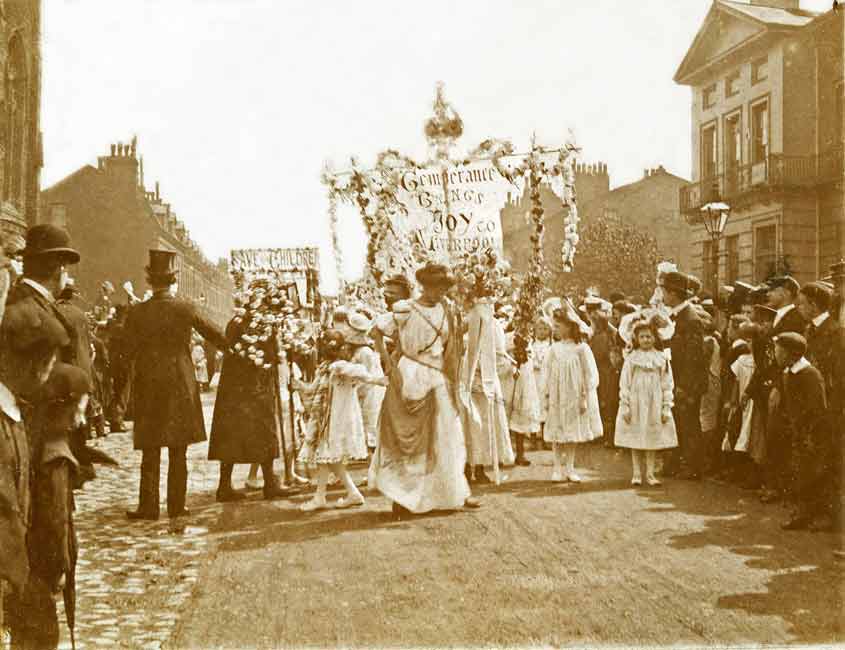
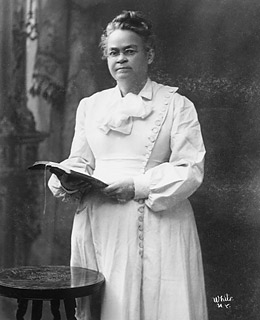
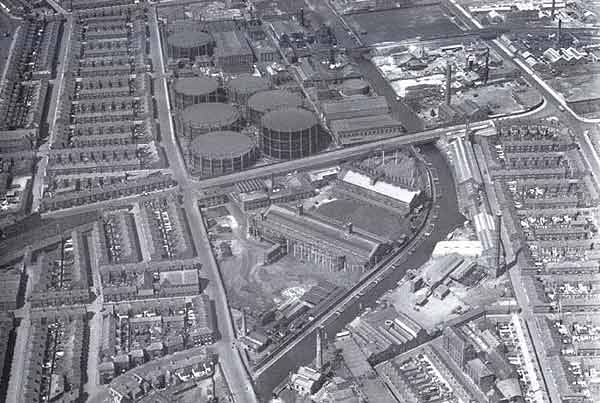
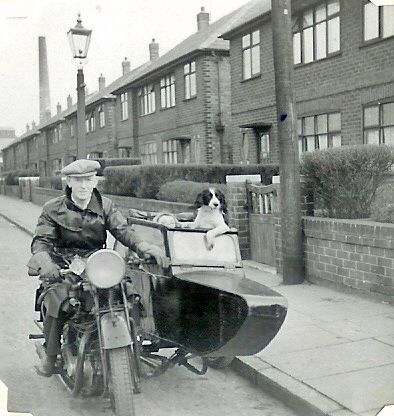

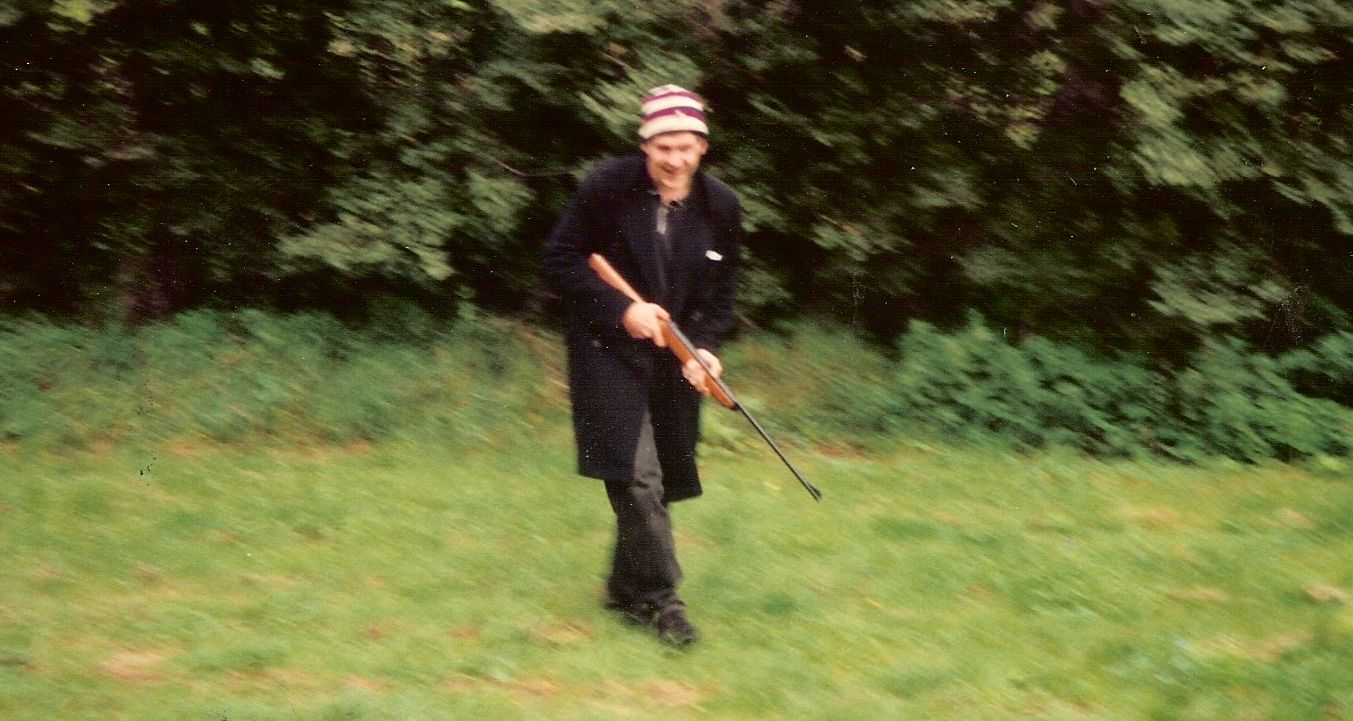

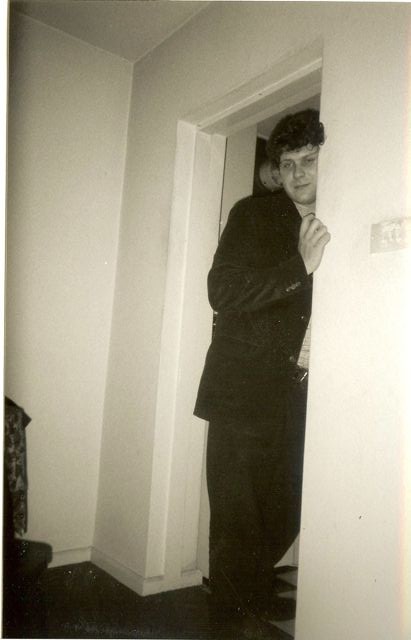
I am the granddaughter of Margaret Eleanor Bateman her daughter Doris was my mother. I live in Australia now, currently dabbling in my family tree, I knew there must be more to Edwards death, it was so good to read your story made a lot more sense, each time I travel home I visit Bootle cemetery to visit my grandmothers grave and always visit my auntie May’s grave. Had my son with me on the last trip I only ever heard it was a gas explosion, your story has set the record straight, thank you
Regards
Linda Harrington
Hi, I read this with great interest. The gasworks are on the verge of being dismantled and there is some concern locally about the remediation of the land on which they stand. At the moment the National Grid want to scrap as much metal as they can, leave the pits below the tanks unfilled and fence off the area. Myself and others favour a more creative alternative and want to use the land where the gasworks stands in a positive way which benefits the community. I will forward your article to our local councillors I’m sure it will be of interest to them too.
Thanks for letting me know, Ann. A site that is important to my family history and I’m interested in any creative alternatives in Liverpool.